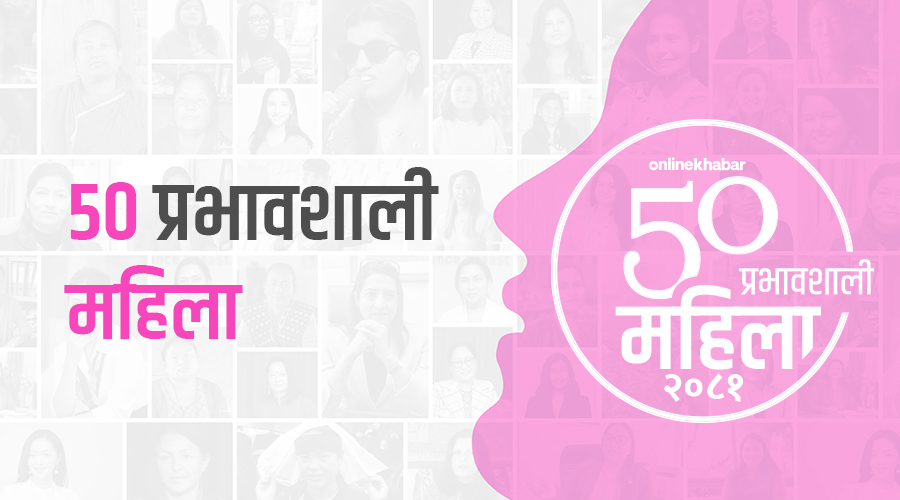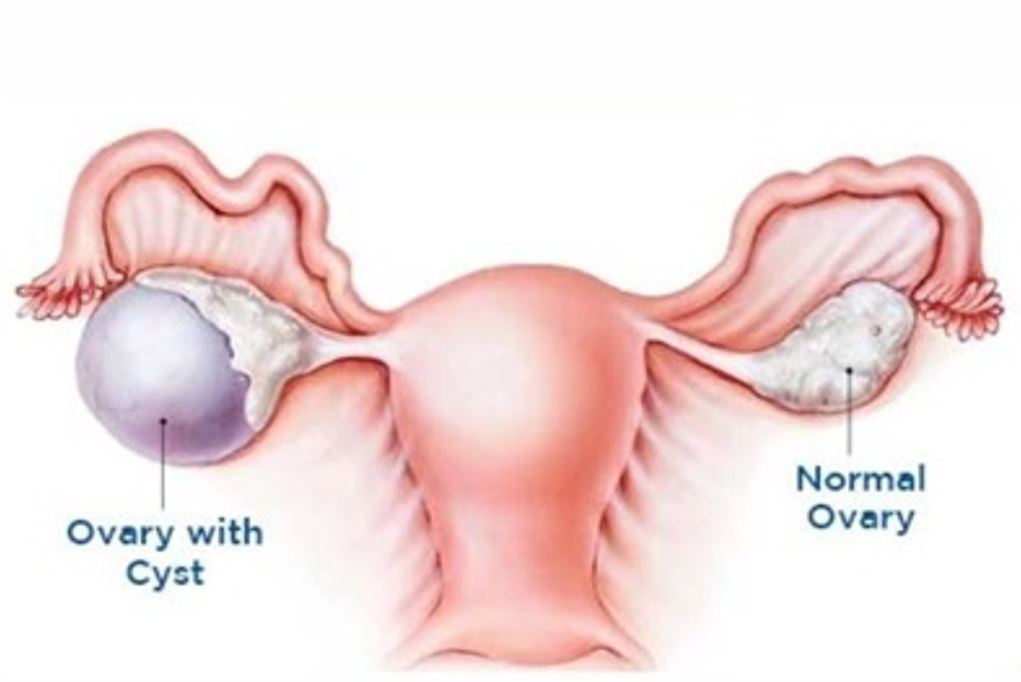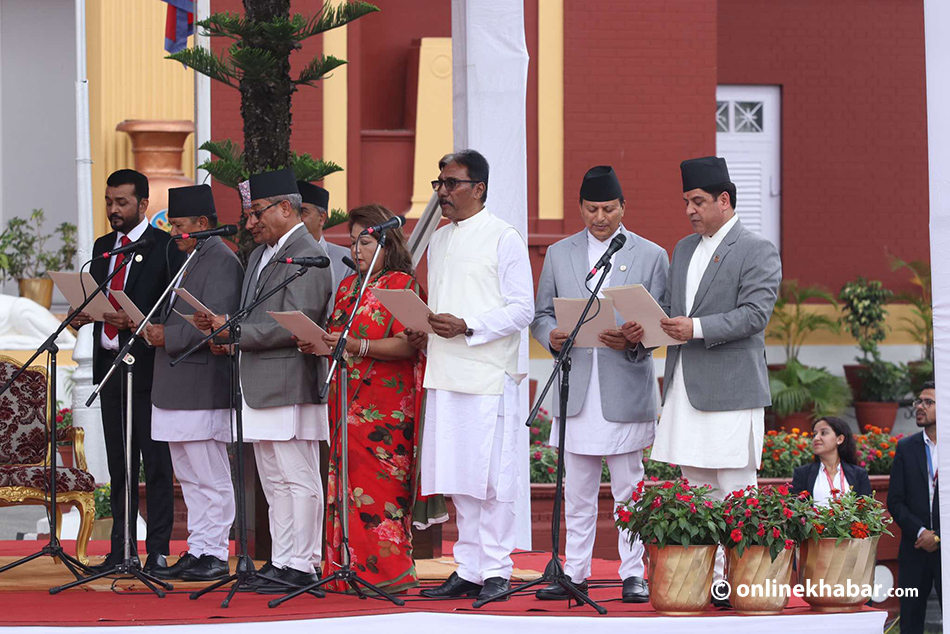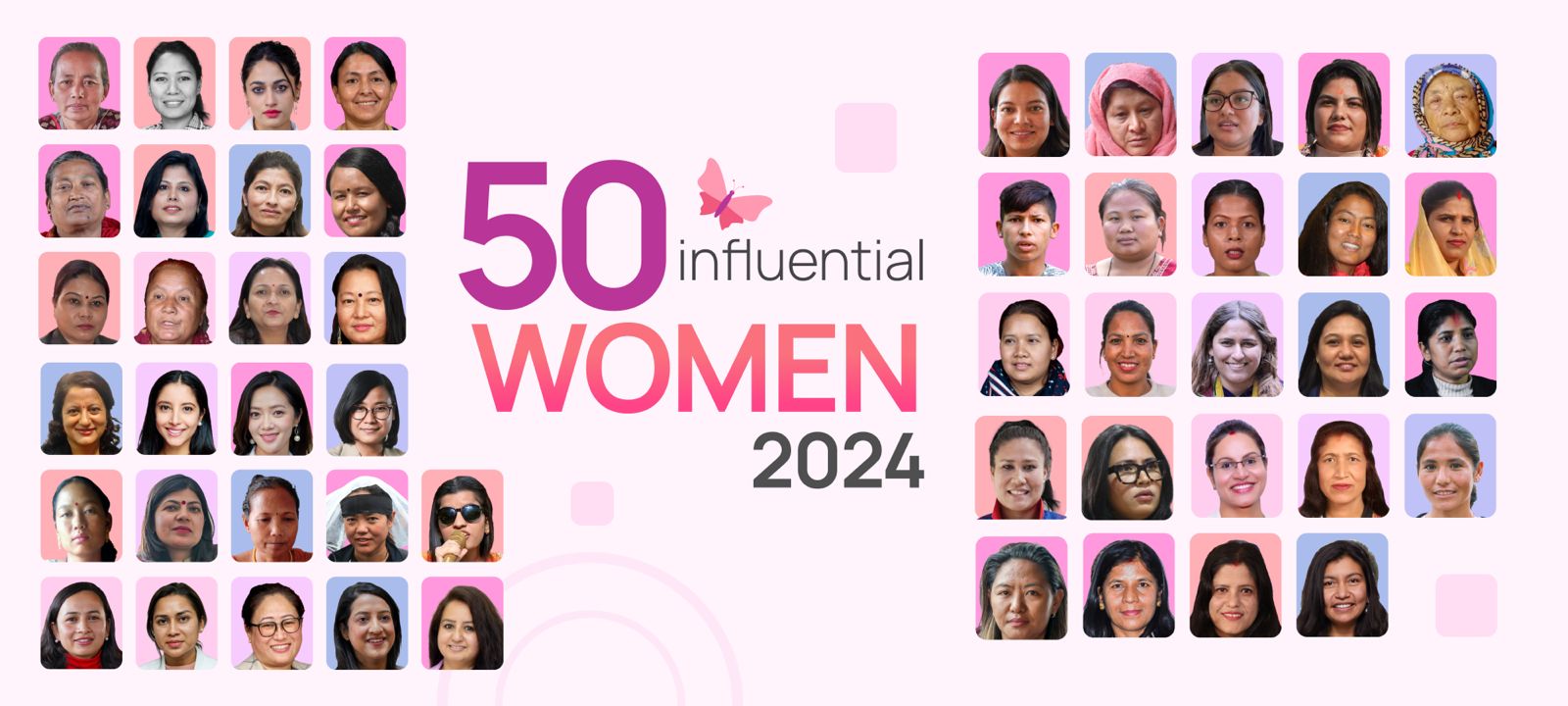
Whether in a casual chiya guff or a professional setting, women’s engagement in political conversations and political ideologies remains exceedingly rare. In the vast areas of power, we rarely hear the voices of women, their political participation and their footsteps in decision-making. Today, only 27 countries are led by a woman, a modest increase from just 18 countries a decade ago, and 107 countries have never had a woman leader.
Globally, representation of women in parliaments stands at 27 per cent and parity is not expected to be achieved for another 39 years.
Despite having, several international conventions and agreements, that have aimed to ensure women’s political rights for decades and decades, the development still remains very slow due to excluding women from political involvement and policy making carried further to decision-making in reality.
We have UDHR, 1948 in its article 21, ensuring the right of equal access of all in the public service of a country. We have CEDAW, 1979 in its article 7 which mentions and guarantees women the right to participate in public life, vote, and stand for election on equal terms. Similarly, Article 8 of CEDAW ensures the equal right of women to represent their government at the international level without any discrimination.
The ICCPR, 1966 Article 3 ensures the equal right of men and women to the enjoyment of all civil and political rights whereas Article 25 provides for every citizen’s right to participate in public affairs, directly or through freely chosen representatives.
Similarly, The Beijing Declaration and Platform for Action, 1955 has the objective of the Platform for Action, that is in full conformity with the purposes and principles of the Charter of the United Nations and international law, where the sole objective is the empowerment of all women.
Although it is not legally binding, with no doubt it sets a goal for gender equality in politics. The United Nations Security Council Resolution 1325, reaffirms the important role of women in the prevention and resolution of conflicts, peace negotiations, peace-building, peacekeeping, humanitarian response and post-conflict reconstruction and stresses the importance of their equal participation and full involvement in all efforts for the maintenance and promotion of peace and security.
In the same way, ICESCR, 1966 ensures the equal rights of men and women to the enjoyment of all economic, social and cultural rights.
The Convention on the Political Rights of Women,1953 in its Article 1 ensures the rights of women to vote in all elections on equal terms with men, without any discrimination. Article 2 of the convention speaks that women shall be eligible for election to all publicly elected bodies, established by national law, on equal terms with men, without any discrimination. And the following article grants women the right to hold public office and to exercise all public functions, established by national law, on equal terms with men, without any discrimination. The Inter-American Convention on the granting of political rights to women, 1948 affirms that women have the right to participate in politics, vote, and stand for public office on equal terms with men in the US.
Also, The European Convention on Human Rights, 1950 guarantees the right to free elections and implies non-discrimination based on gender in voting and political participation. We have numerous other International Agreements that fully support and provide enough legality towards women’s participation and engagement in politics and decision-making. Despite having these many legal frameworks women’s participation in governance and decision-making remains woefully absent.
The absence does not indicate the lack of legal recognition but rather the stealthy persistence of deeply rooted societal barriers. The rooted obstacles such as patriarchal structures, gender biases, and cultural norms keep on to continue to undermine the theoretical progress of these conventions, rendering them largely symbolic and only insufficient in bridging the pass between policy and reality.
The gap between international commitments and tangible representation is both harsh and disheartening. There exists a number of intimidating barriers that significantly undermine the ability of women to fully engage in political spheres and decision-making processes. These obstacles are deeply rooted within societal structures, perpetuating a system that restricts and discourages women’s access to political participation.
Women often bear a double burden of managing both careers and the majority of the household responsibilities which limits their ability to full capacity and often contributes to their unwillingness towards their career, be it political or any. The familial conditions and relational considerations bind them with a rope that they can never cut off and take the role as per their capacity. Psychological harassment and online abuse in the workplace are becoming the primary ones leaving the physical to be the secondary one.
Women have to go through discriminatory behaviors often leading to stigmatizing them as less capable and have to face abandonment from resources. Women are often seen as less capable of handling leadership or decision-making roles, further inhibiting their participation. And they are repeatedly harassed with the same perceptions being injected time and again.
Additionally, the problem also lies in portraying women as commodities to achieve outcomes. Engaging women in unproductive sectors and pushing them far from the mainstream by treating them as nothing but objects also hold a big problem.
The problem also lies in the lack of a gender-friendly political environment and biases of the voters and the political parties. Certain electoral systems, such as those that favour incumbents, largely disadvantage women who lack the initial opportunities to enter politics.
Women generally have less access to resources which makes them incapable to compete with men on equal footing. The media also portrays women politicians in a negative light, focusing only on their appearance or personal lives rather than their policies or competence which results in women receiving less media coverage than their male counterparts, which limits their image to the electorate and hinders their political success. This is a harsh reality of today. The lack of proper awareness that contribute in encouraging women to take the role in politics and governance Is another area that needs a very high attention.
It is precisely these pervasive barriers ranging from cultural and economic barriers to institutional biases that in a united manner diminish the opportunities available to women, thereby resulting in their persistently low representation in politics.
The better solutions can be better education, better awareness that contributes in encouragement to women to participate in politics, implementing compulsory quotas for women in political positions, and providing equal access to financial resources that allow both men and women to afford their successful political campaigns, enhancing more strict gender-friendly policies at the workplace that will contribute to the end of any forms of harassment or discouragement to women in the workspace, creation of networking platforms for women, creation of gender friendly electoral systems favouring all genders and destroying the male dominance In political parties and decision making.
The situation of underrepresentation of women in politics is not only a consequence of individual choice, but it is a result of a complex unity of societal, structural, and cultural barriers that systematically abandon their engagement in politics and decision-making. By smashing these barriers through progressive policies, societal re-education, and the creation of equitable platforms, we can unlock the underrecognized potential of women as political leaders and decision-makers, ultimately fostering a more representative and inclusive democracy as a whole. It is high time that we bring these ideas into action and enjoy the actual democracy rather than the mockery of democracy that is being portrayed to us.
























